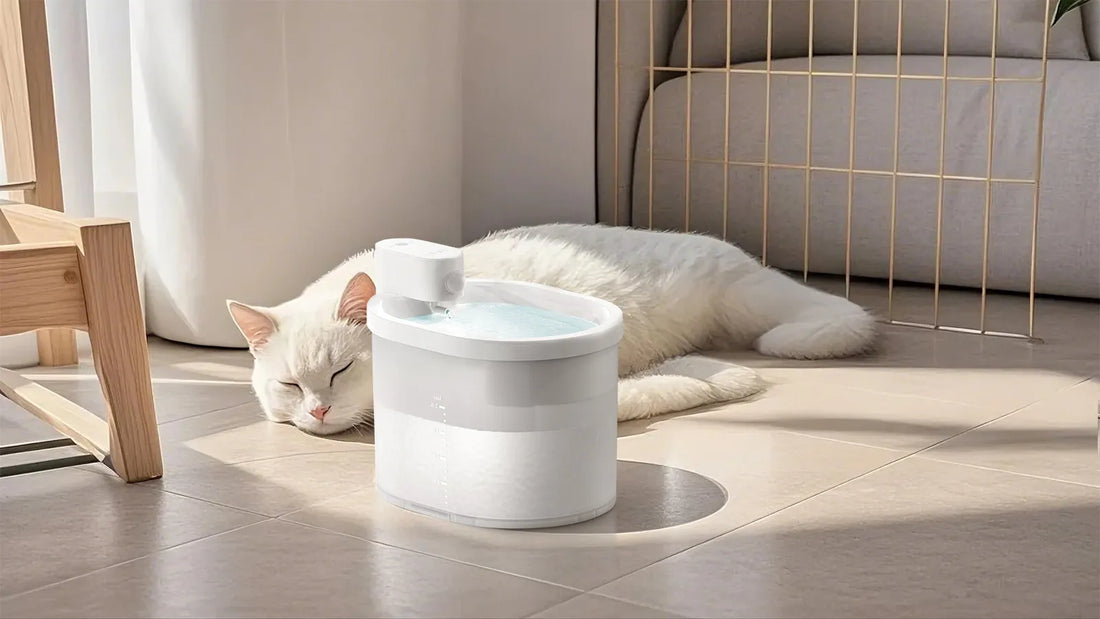Have you ever noticed your dog hesitating or outright refusing to drink water from his bowl? This behavior can be puzzling and concerning for any pet owner. Understanding the reasons behind this fear is crucial to ensuring your furry friend stays hydrated and healthy.
Possible Reasons for Your Dog's Fear
There are several factors that could contribute to your dog's reluctance to drink from his water bowl. Let's explore some of the most common causes.
Negative Past Experiences
Dogs have strong memories, especially when it comes to negative experiences. If your dog had a bad encounter with his water bowl in the past, such as being startled by a loud noise while drinking, he might associate the bowl with that unpleasant event.
Unfamiliar or Uncomfortable Bowl
Sometimes, the issue lies with the bowl itself. A new or unfamiliar bowl might make your dog feel uneasy. Additionally, certain materials or designs could be uncomfortable for your dog to drink from.
Water Quality Issues
Dogs have a keen sense of smell and taste. If the water in the bowl is stale, contaminated, or has an unusual odor, your dog might refuse to drink it. Ensuring fresh and clean water is essential.
Health Problems
Underlying health issues could also be the culprit. Dental problems, throat pain, or other medical conditions might make drinking water uncomfortable or painful for your dog. If you suspect a health issue, consult your veterinarian.
How to Help Your Dog Overcome His Fear
Now that we've identified some potential reasons, let's discuss practical steps you can take to help your dog feel more comfortable drinking from his water bowl.
Gradual Introduction to the Bowl
If your dog is afraid of a new or unfamiliar bowl, introduce it gradually. Place the bowl near his usual drinking spot and let him explore it at his own pace. You can also add some treats near the bowl to create a positive association.
Ensure Fresh and Clean Water
Always provide fresh and clean water for your dog. Change the water regularly and clean the bowl daily to prevent any buildup of bacteria or residue that could deter your dog from drinking.
Experiment with Different Bowls
Try using bowls made from different materials or with varying designs to see if your dog prefers one over the others. Some dogs might prefer stainless steel, while others might like ceramic or plastic bowls.
Monitor Your Dog's Health
Keep an eye on your dog's overall health and behavior. If you notice any signs of discomfort or illness, such as lethargy, loss of appetite, or difficulty swallowing, seek veterinary advice promptly.
Creating a Positive Drinking Environment
Beyond addressing the immediate issues, creating a positive and stress-free environment for your dog to drink water can make a significant difference.
Choose a Quiet Location
Place the water bowl in a quiet and calm area where your dog feels safe. Avoid high-traffic areas or places with loud noises that could startle him while drinking.
Encourage Regular Drinking
Encourage your dog to drink water regularly by offering it at consistent times throughout the day. You can also add a bit of flavor to the water, such as a small amount of low-sodium broth, to make it more appealing.
Positive Reinforcement
Use positive reinforcement to encourage your dog to drink from his bowl. Praise him and offer treats when he drinks water, reinforcing the behavior as a positive experience.
Understanding why your dog is afraid to drink out of his water bowl is the first step toward helping him overcome this fear. By addressing the underlying causes and creating a positive drinking environment, you can ensure your dog stays hydrated and healthy. Remember, patience and consistency are key in helping your furry friend feel comfortable and secure.













